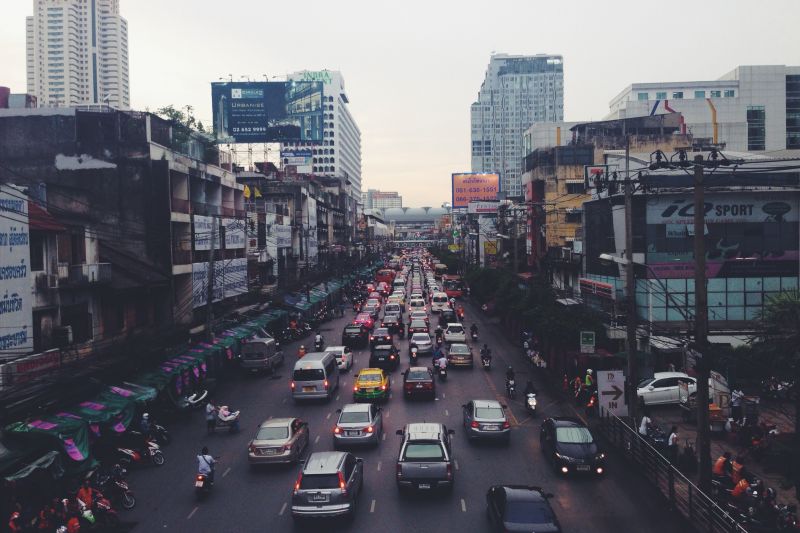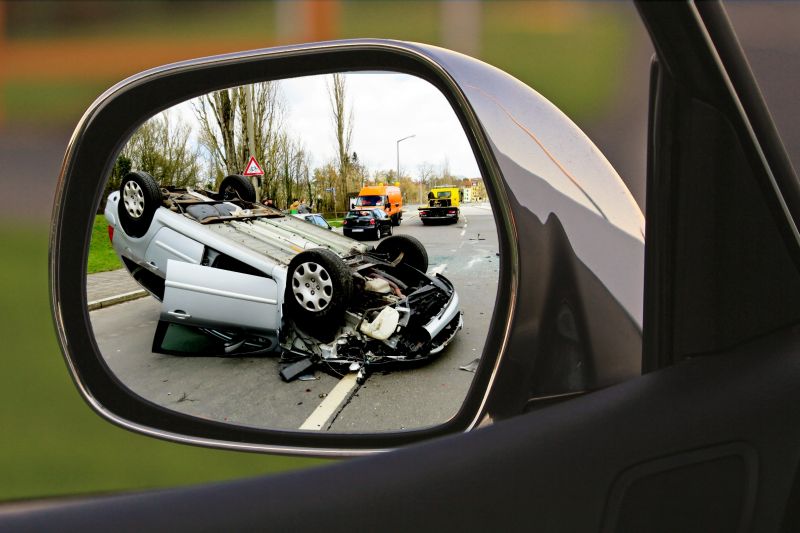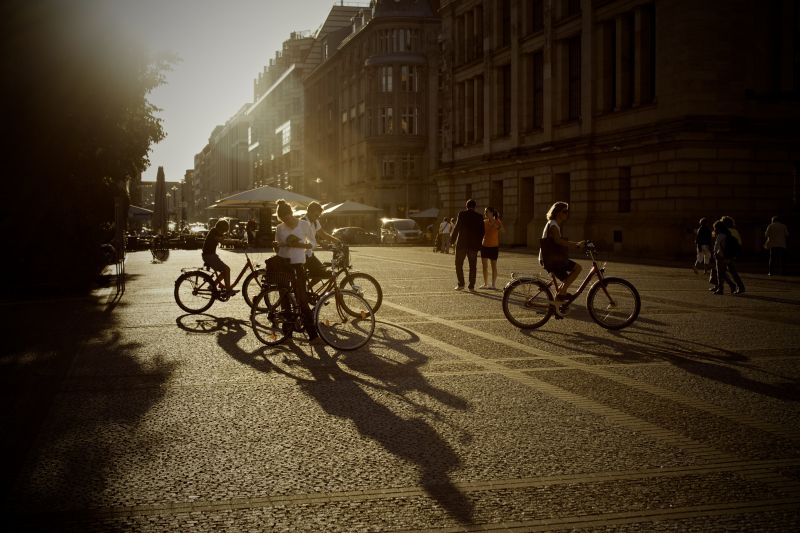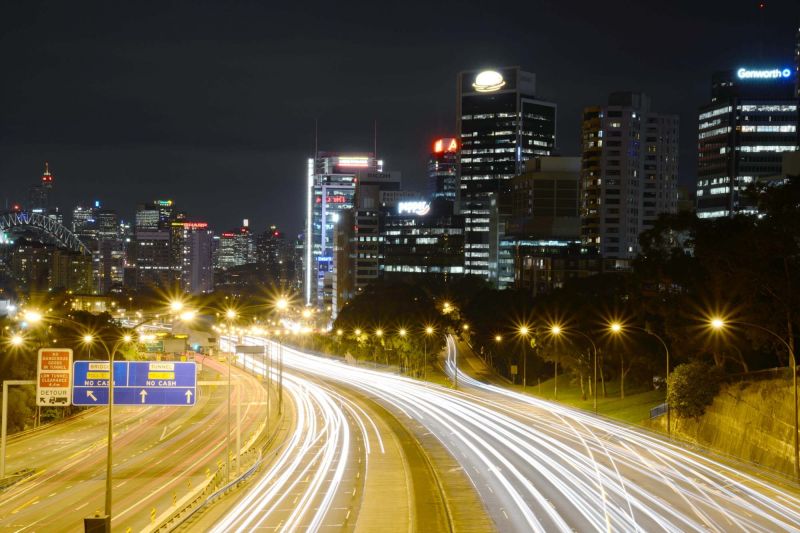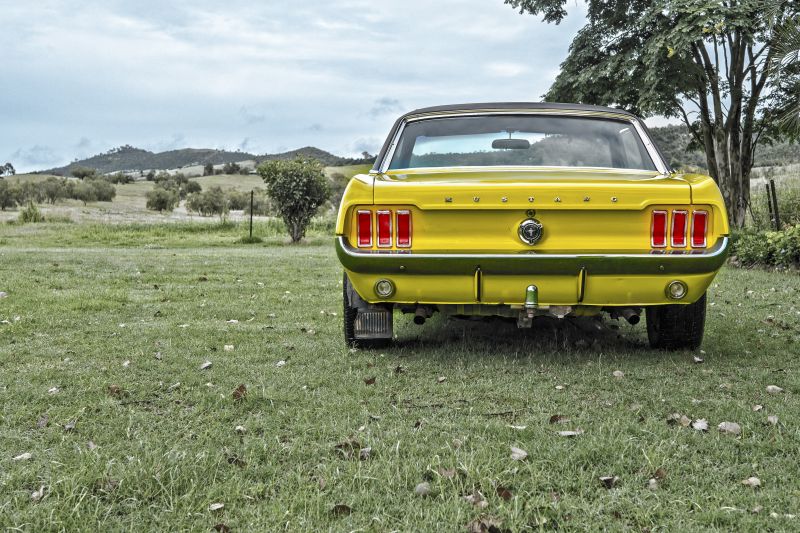As we sit in Australia fortunate enough to have escaped the brunt of the Coronavirus pandemic (at least the first wave) there’s a great deal of work going on by bright minds around the world as to how we should restart life, and begin the push back to normalcy.
With strict lockdowns in place across nearly three quarters of the world, pollution is at all time low in many cities.
London, Paris, Delhi, New York – pretty much every city with a population of more than 10 million has seen significant reduction in not only car-related accidents, but also car-related pollution.
This has resulted in air quality improvements that seemed unfathomable only a few months ago. Ironically in cities like Delhi, the Coronavirus could have saved more lives than it claimed.
The air quality index (AQI) levels in India’s largest city is a severe 200 on the best of days, and can reach 900 at its worst.
That’s staggering. The World Health Organisation (WHO) says anything above 25 is unsafe and, according to a report released by the Global Alliance on Health and Pollution (GAHP) in December 2019, more than 2.3 million people die every year in India because of poor air quality.
With the 10 million plus Delhi car parc sitting idle because of severe lockdowns, the city’s AQI level has regularly fallen below 20. It’s the first time such a low figure has been seen in decades, which can only have a positive impact on the health and wellbeing of the population.
Strict lockdowns only came into effect during the final weeks of March for Australia, but there were only 100 road deaths recorded for the month, down 5.1 per cent on the average from the last five years.
You don’t have to stretch too far to link that road toll reduction to the more significant drop in the 10 days of March, where the COVID-19 lockdown drove a significant reduction in road traffic.
Preliminary data from Victoria shows in April so far and after the Easter Break, the road toll has dropped by 15 deaths compared to 2019. That’s for just one state, in just two weeks.
It’s safe to assume the April road toll – a month in which the majority of the country has been locked down, and work travel has been heavily reduced – will be the lowest in decades.
Considering the low number of deaths in Australia from the Coronavirus so far, it’s likely the reduction in our April road toll will mean the virus saves more lives than it takes in our own backyard, too.
As a side note, it’s interesting to see while traffic is down close to 60 per cent across Australian cities, the number of severe offences – high-volume drug and alcohol, and high-speed offences – are expected to rise as a direct consequence.
As for the reduction in the road toll? It’s playing out in cities such as New York where, according to the New York Police Department, road accidents and pedestrian injuries are down more than 50 per cent for the last two weeks.
New York even recently trialled the closure of several roads and ‘city blocks’ for 11 days.
In other cities, especially in places such as Germany and Hungary, the development of cycling infrastructure has been fast-tracked during the pandemic.
It’s worth noting, a number of cities were looking to ban diesel cars from their centres before COVID-19 and the ensuing lockdown showed just how much pollution they cause, and how easily it can be stopped.
Cynics might suggest urbanists are using this crisis to move society away from the car-centric culture to which many of us subscribe. The idea is to shift the focus of transport infrastructure away from cars and over to pedestrians, cyclists, and public transit users – and what better time to do it than when the proof of its environmental and social benefits are staring us in the face.
A lot of this depends on how things return to normal, and how quickly.
In the same way increasing the number of speed cameras has been justified as part of a push to reducing the road toll – despite evidence showing clearly the number of serious accidents remains the same over the last 30 years adjusted for vehicles registered, and the drop in deaths is merely a result of safer cars – the COVID-19 pandemic is likely to be used as an example of how lives can be saved with fewer cars on the road.
Less pollution, fewer road deaths and injuries, lower costs to state governments and consequently, less cost to the taxpayer.
What’s the counter-argument to banning personal transportation from major population centres? Apart from pushing to electric cars, which aren’t likely to show a drastic, overnight pollution reduction for a country like Australia with very little renewable energy – there really isn’t one.
The humanitarian in me knows improving the quality of life in our cities can only ever be a good thing. The economists among us will know better air means a lower public health bill, too. Although the economic impact of banning cars from major population centres remains to be seen.
But the selfish little car-loving voice in the back of my head, the one that’s excited by smelly, noisy sports cars and their internal-combustion engines, won’t stop screaming about it. It’s scared.
Maybe we’re seeing correlation and calling it causation. Maybe this will drive cleaner, safer vehicles and our cities will stay car-friendly.
But I have a nagging sensation we’re seeing the start of a movement. And it isn’t all that friendly to those of us that see cars as more than just transportation.
Tell us your thoughts in the comments below.


